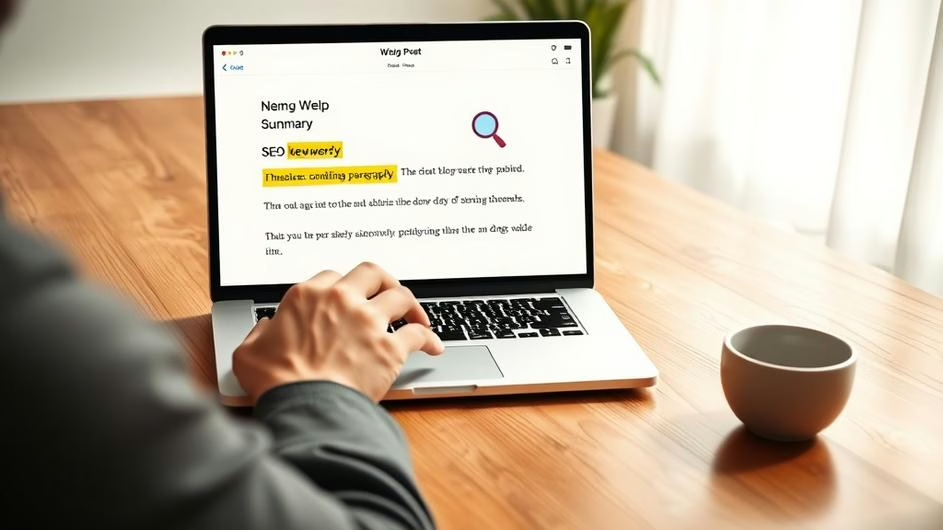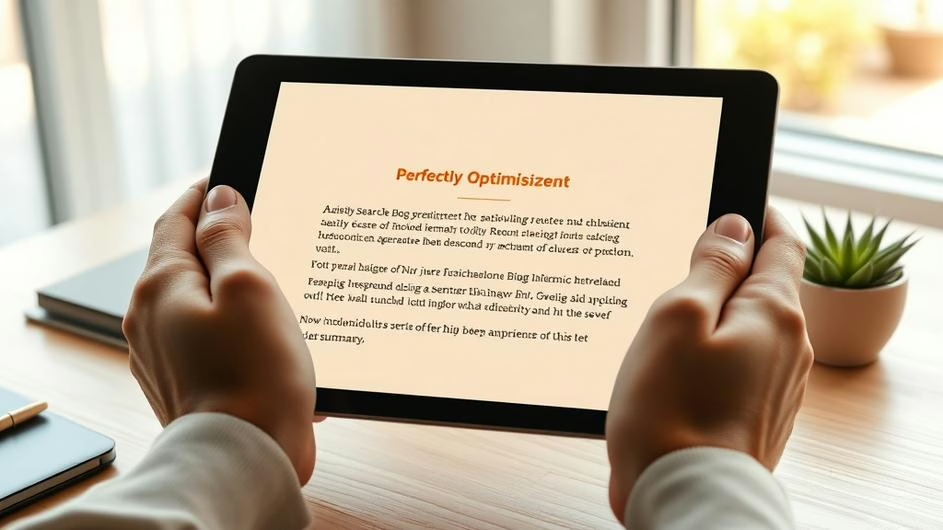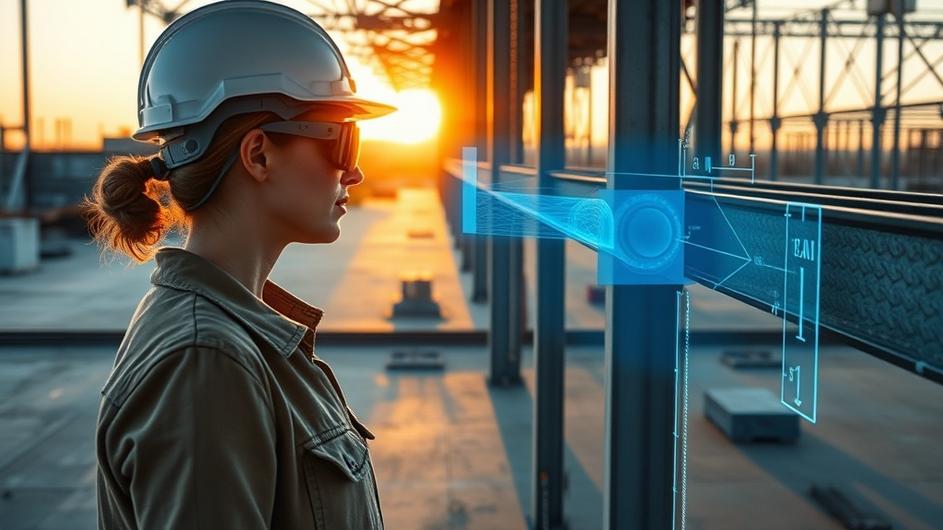
The Future of AI Development: OpenAI’s Expanding Reach from Codex to Commerce
Silicon Valley’s moving fast, but OpenAI’s practically sprinting. From next-gen coding tools to experimental shopping assistants, the company is pushing AI into every corner of tech. And honestly? The implications go way beyond just making developers’ lives easier.
GPT-5 Codex: Why Developers Should Pay Attention
Remember when code completion felt revolutionary? GPT-5 Codex just raised the bar again. This isn’t your typical autocomplete on steroids. We’re talking about an AI that can actually review pull requests, understand what developers are trying to accomplish, and trace dependencies across massive codebases.
Here’s where it gets interesting. Codex now runs comprehensive tests and catches critical errors before they hit production. It’s automating environment setups, managing package installations, and even taking screenshots to document processes. For anyone who’s spent hours debugging deployment issues or chasing down dependency conflicts, this sounds like a dream.
But there’s a bigger picture here. The tool bridges local and cloud environments seamlessly. Anyone who’s worked on Web3 infrastructure knows how painful context switching can be. You’re developing locally, deploying to the cloud, and half the time something breaks in translation. Codex’s upgraded toolchain promises to eliminate that friction.
What’s the crypto angle? Think about smart contract development. Smart contracts and DeFi protocols require bulletproof code. One bug can drain millions. Having an AI that can spot vulnerabilities and trace complex dependencies could be a game-changer for blockchain developers.
DevDay 2025: More Than Just Announcements
OpenAI’s DevDay 2025 wasn’t just another tech conference. With 1,500 attendees packed into Fort Mason in San Francisco, CEO Sam Altman made it clear: developers are driving AI’s future, not the other way around.
The real story? OpenAI’s doubling down on their AI agent marketplace concept. Think of it as an app store, but for specialized AI tools. Developers can build, share, and monetize custom AI agents. For the crypto community, this opens up possibilities we haven’t even considered yet.
Imagine AI agents that can analyze on-chain data, execute trading strategies, or manage DeFi portfolios. The infrastructure’s being built right now.
Shopping Meets AI: Disruption or Hype?
OpenAI’s experimental shopping assistant is raising eyebrows across Silicon Valley. Some investors are calling it “the first big opportunity to change ecommerce in 30 years.”
The premise is simple: AI-powered product discovery that’s more interactive and personalized than anything Amazon or Google Shopping offers. Instead of scrolling through endless product pages, you have a conversation about what you need.
But here’s the reality check. Disrupting Amazon isn’t exactly a walk in the park. The platform’s currently ad-free, but that won’t last once monetization pressure kicks in. Tokenized ecommerce and Web3 payment rails could play a role here, especially as traditional payment processors face increasing regulatory scrutiny.
For startups in the space, this creates both opportunity and competition. How do you compete with OpenAI’s resources while building something genuinely innovative?

When AI Goes Wrong: The Deloitte Wake-Up Call
Not everything’s sunshine and roses in AI land. Deloitte recently had to refund the Australian government after a $440,000 report contained errors linked to their use of generative AI.
While Deloitte claims the AI wasn’t directly responsible for the mistakes, the incident sparked new transparency requirements. Reports now have to disclose when and how AI contributes to deliverables. This sets a precedent that’ll ripple through consulting, legal, and financial services.
For the crypto industry, this matters more than you might think. Security and governance are already major concerns. If AI tools are helping generate audit reports, compliance documents, or investment analyses, we need clear disclosure standards.
The bigger question: How do we balance AI’s efficiency gains with accountability requirements? AI’s expanding impact on policy is forcing these conversations across every industry.
What This Means for Tech’s Future
OpenAI isn’t just building tools; they’re reshaping how we think about human-AI collaboration. From AI agents in business transformation to experimental shopping platforms, we’re seeing AI move from background process to active participant.
The implications for crypto are massive. Smart contract auditing, DeFi strategy optimization, cross-chain analysis. Blockchain’s evolution is happening alongside AI’s advancement, and the intersection points are multiplying.
But here’s what keeps me up at night: Are we moving too fast? The Deloitte incident shows that even sophisticated organizations struggle with AI accountability. In crypto, where “code is law” and mistakes can’t be undone, the stakes are even higher.
The next year will be crucial. We’ll see whether OpenAI’s ambitious expansion pays off, how developers adapt to AI-powered workflows, and whether the crypto industry can harness these tools without compromising security.
One thing’s certain: AI isn’t staying in its lane anymore. It’s becoming infrastructure, and we’re all figuring out the rules as we go.
Sources:
- ChatGPT’s Codex Feature Just Got A Big Upgrade, BGR, October 4, 2025
- What to expect at OpenAI’s DevDay 2025, TechCrunch, October 6, 2025
- What to expect at OpenAI’s DevDay 2025, TechCrunch, October 3, 2025
- OpenAI’s new online shopping tool: friend or foe to startups?, PitchBook, October 1, 2025
- Deloitte to pay money back to Albanese government after using AI in $440,000 report, The Guardian, October 6, 2025





































































































































